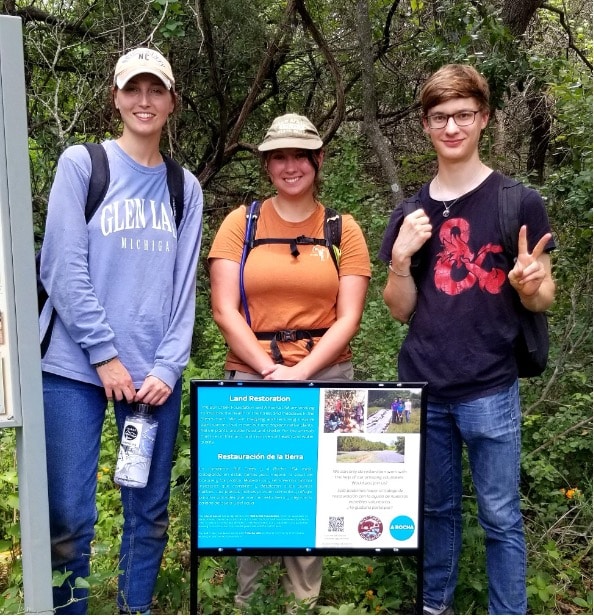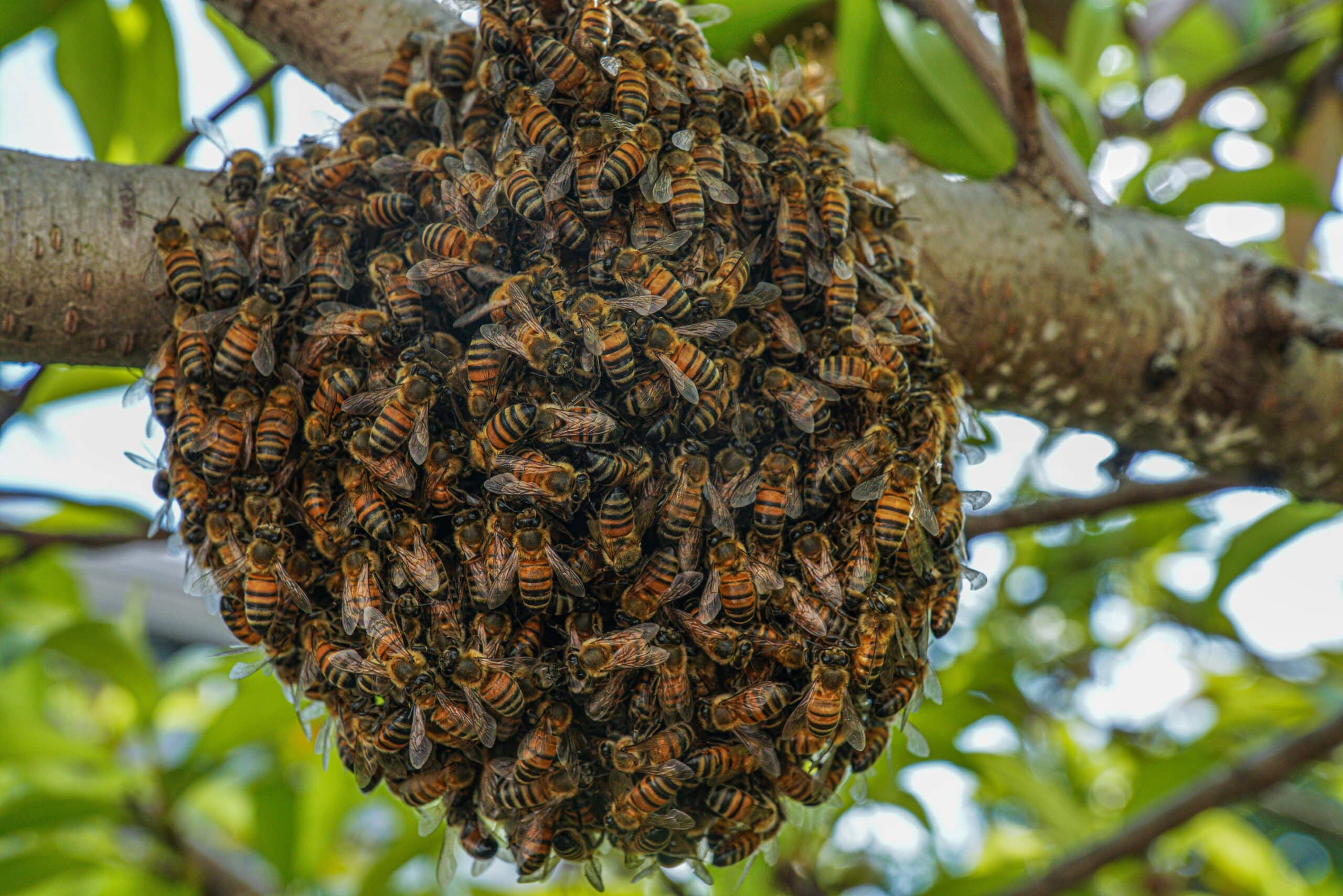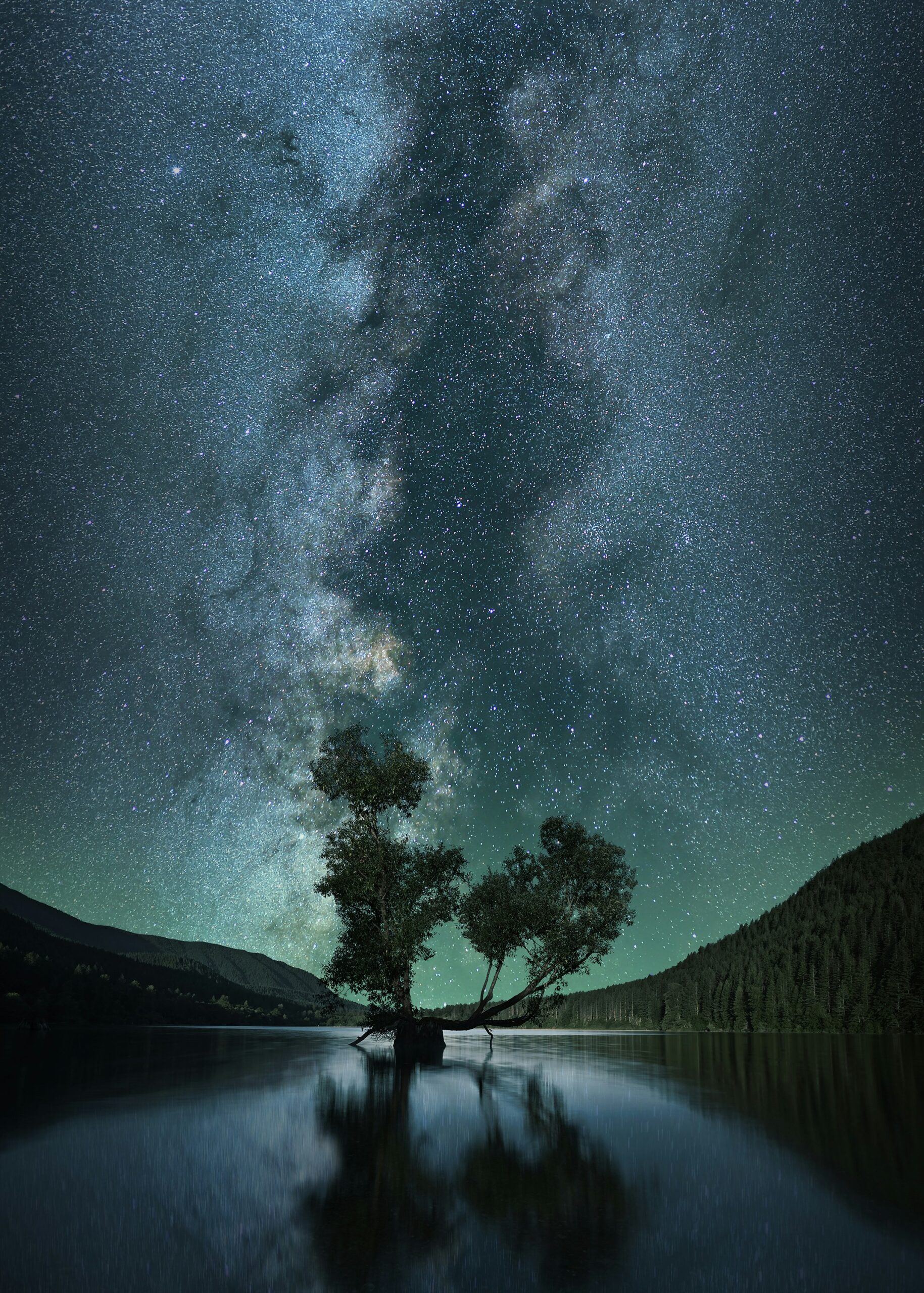Sabbath simplicity
My family keeps the Sabbath. Not religiously—as in, we don’t always do religious things. But we are pretty religious about “keeping” it. Usually we go to church. Usually we eat simply—eggs and toast is normal fare for Sunday dinners. Usually we say “no” to invitations and engagements unless they involve family. If it’s winter we might go cross-country skiing; if it’s rainy we might read a book aloud as a family; if it’s sunny we might take a walk at the beach. Our only hard and fast rule is no shopping. The point is, we say “no” to certain things. We step out of our normal rhythms of work and commerce and step into a new way of being.
Essentially, the Sabbath is about time. It’s about trusting in a rhythm of time that depends not on clocks attuned to commerce, but on a larger clock attuned to the rhythms of nature and of God. Sabbath is rooted first in the Jewish notion of day, which in their calculation begins at sundown. Thus, we go to sleep as the day is just getting rolling. We wake when the day’s half over. In a society where productivity is the measure of worth, it would seem counterintuitive to begin one’s day by lying down and shutting one’s eyes. The beginning of day is for writing lists, making plans, springing from the starting blocks, not for putting on one’s pyjamas. But in the Jewish creation narrative, the day begins not with the rising of the sun, but with its setting—there was evening, there was morning, the first day. The day begins with rest and is followed by work, a work already begun by God, and into which humans join.
The Sabbath is also rooted in the Jewish understanding that this particular day is a different sort of day, not only in its parameters, but in its essence. The Jewish creation narrative, Abraham Heschel says, declares that the first thing in all of creation that is declared holy is the Sabbath—not a people or a place, but a day. Everything else in creation is declared good, but this day, the seventh day, is declared holy. The Sabbath, then, becomes a ‘palace in time,’ into which we are invited. The invitation, writes Heschel, is to come away from the ‘tyranny of things of space’ to ‘share what is eternal in time, to turn from the results of creation to the mystery of creation.’
We are happy for our blogs to be used by third parties on condition that the author is cited and A Rocha International, arocha.org, is credited as the original source. We would be grateful if you could let us know if you have used our material, by emailing [email protected].





Thanks for modeling simple Sabbath for us, Leah… I will try to emulate, and not complicate… 🙂
Sabbath! Many years ago I was challenged by a student to reflect on what Sabbath meant for me. I realized that Sabbath comprised things I could touch, smell, see, hear, and taste—baking bread and enjoying a simple dinner, reading a good book, “putzing” in my garden, arranging flowers, listening to music. Portions of this make their way into Sunday church services. I bake the communion bread, plus there are beautiful flower arrangements, the best reading, good music, etc. Two years ago, after hearing a local Rabbi speak (at our church), I began turning off my electronics Saturday evening and not returning to them until Monday morning. Amazing how everything can wait until Monday!